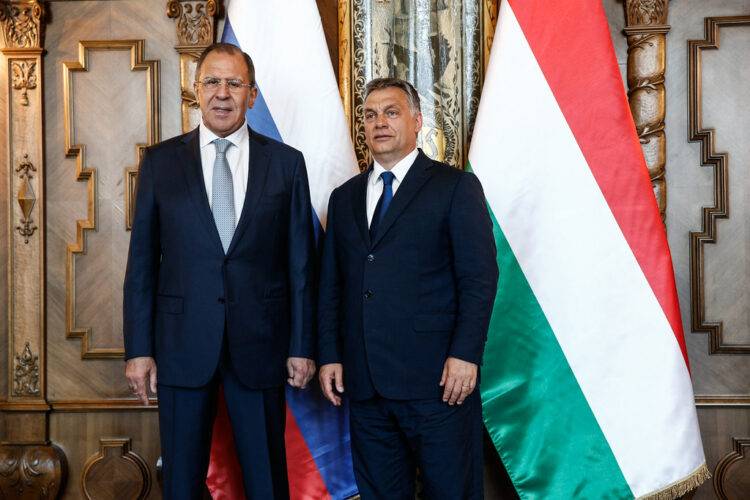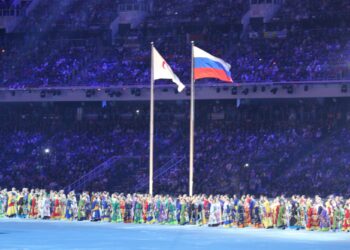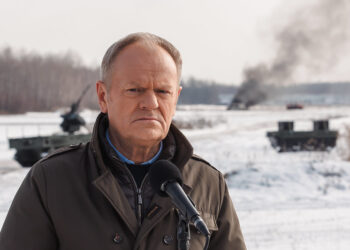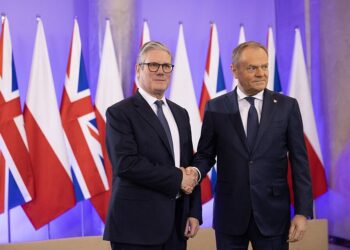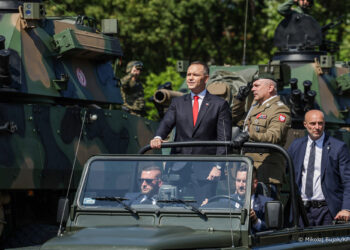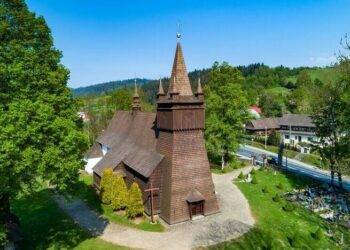Hungarian Prime Minister Viktor Orban declared that Hungary will not obstruct NATO decisions regarding Ukraine, though it does not plan to actively participate in them.
In a significant policy statement, Orban emphasized Hungary’s stance towards NATO’s involvement in Ukraine. “We will not block NATO decisions supported by other member states regarding Ukraine. However, we do not wish to participate in these actions,” said Orban. This announcement comes amidst growing international pressure on Hungary to align more closely with NATO’s collective security measures and decisions.
Orban’s statement marks a subtle shift in Hungary’s foreign policy, reflecting its balancing act between maintaining good relations with Russia and fulfilling its obligations as a NATO member. Hungary’s ambivalence has been a point of contention within NATO, especially as the alliance seeks a united front in response to Russia’s aggression towards Ukraine.
Balancing Act in Foreign Policy
Hungary has been criticized for its perceived leniency towards Russia, with Orban often advocating for pragmatic relations with Moscow. This approach has at times put Hungary at odds with other NATO members, particularly those pushing for a stronger stance against Russia. By clarifying that Hungary will not block NATO decisions on Ukraine, Orban appears to be addressing these criticisms while maintaining his commitment to Hungary’s national interests.
Orban’s announcement also coincides with ongoing NATO discussions on increasing support for Ukraine. With the conflict in Ukraine showing no signs of resolution, NATO has been exploring various options to bolster Ukraine’s defense capabilities. Hungary’s decision not to block these efforts is likely to be welcomed by other NATO members seeking a cohesive strategy.
Regional Implications
The Hungarian Prime Minister’s statement may also have broader implications for Central and Eastern Europe, a region that has been significantly impacted by the conflict in Ukraine. Countries like Poland and the Baltic states, which have been vocal supporters of Ukraine, may view Orban’s announcement as a positive development. It signals a potential for greater NATO unity in addressing the security challenges posed by Russia.
However, Hungary’s decision not to actively participate in NATO actions related to Ukraine suggests a cautious approach. Orban has repeatedly emphasized the importance of maintaining stability and avoiding actions that could escalate tensions. This cautious stance reflects Hungary’s historical ties with Russia and its reliance on Russian energy supplies.
Background and Context
Hungary’s complex relationship with NATO and the European Union has been shaped by its unique geopolitical position. Since joining NATO in 1999, Hungary has often found itself navigating between its Western commitments and its Eastern relationships. Orban’s government has pursued a foreign policy that prioritizes national sovereignty and economic pragmatism, often leading to divergent views from other Western allies.
In recent years, Hungary’s relations with the EU have been strained over issues related to democratic governance and rule of law. Orban’s administration has faced criticism for its perceived erosion of democratic norms, prompting concerns about Hungary’s commitment to shared European values. These tensions have at times overshadowed Hungary’s role within NATO, complicating efforts to present a united front.
Despite these challenges, Hungary remains a key member of NATO and the EU, with Orban’s latest statement highlighting the delicate balance it seeks to maintain. As NATO continues to address the evolving security landscape in Europe, Hungary’s position will be closely watched by both allies and adversaries.
In conclusion, Prime Minister Viktor Orban’s declaration that Hungary will not block NATO decisions regarding Ukraine, while refraining from active participation, underscores the country’s nuanced approach to foreign policy. Balancing national interests with alliance commitments, Hungary’s stance reflects the broader complexities facing NATO as it navigates the ongoing conflict in Ukraine and strives for unity among its members.

